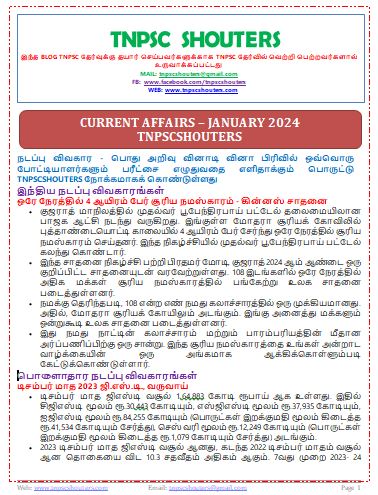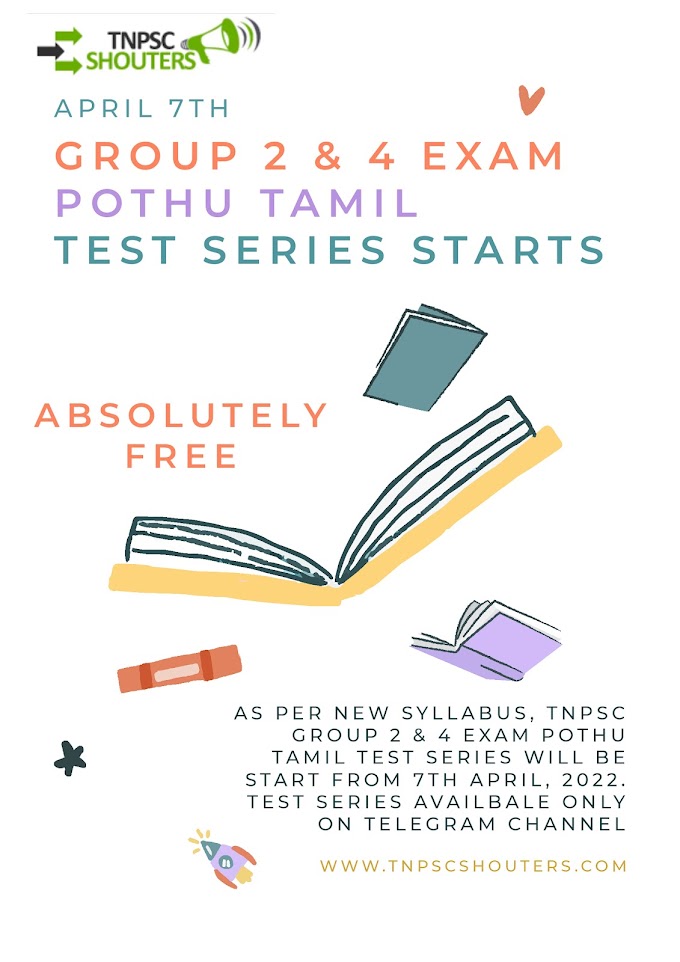Prime Minister’s Employment Generation Programme
- Prime Minister’s Employment Generation Programme (PMEGP) has been created by merging two schemes, Prime Minister's Rojgar Yojana (PMRY) and Rural Employment Generation Programme (REGP), which were in operation till 31.03.2008.
- It is a credit linked subsidy programme being implemented by Ministry of Micro, Small and Medium Enterprises.
- It aims at generating self-employment opportunities through establishment of micro enterprises by organizing traditional artisans and unemployed youth.
- The scheme will be implemented by Khadi and Village Industries Commission (KVIC) at the national level and by KVIC directorates, Khadi and Village Industries Board and Districts Industries Centres at the state level.
- The Government subsidy under the scheme will be distributed to the beneficiaries/entrepreuners through identified banks by KVIC.
- Individuals above 18 years of age, Self Help groups, Institutions registered under Societies Registration Act, 1860, Production Co-oerative Societies and Charitable Trusts are eligible for subsidy to set up projects under PMEGP.
Swarnjayanti Gram Swarojgaar Yojana (SGSY)
Swarnjayanti Gram Swarojgaar Yojana (SGSY) started on 01.04.1999 is a major on going programme for self employment for the rural poor. The programme was developed after reviewing and restructuring the erstwhile Integrated Rural Development Programme (IRDP) and allied programmes namely- Training Rural Youth for Self Employment (TRYSEM)
- Development of Women and Children in Rural Areas (DWCRA)
- Supply of Toolkits in Rural Areas (SITRA)
- Ganga Kalyan Yojana (GKY)
- Millions Wells Scheme.
- Social mobilisation i.e. organisation of the poor into Self Help Groups (SHGs)
- Activity Cluster, Planning and Selection i.e identifying and selecting a key activity in terms of its economic viability in an area.
- Financial Assistance in the form of credit and subsidy in which credit is a major component.
- Training of Swarozgaris through well-designed training courses.
- Infrastructure Development
- Marketing and Technology Support
Now see National Rural Livelihoods Mission
Mahatma Gandhi National Rural Employment Guarantee Act
The National Rural Employment Guarantee Act, notified in 200 districts in the first phase on Feb 2, 2006 was renamed Mahatma Gandhi National Rural Employment Guarantee Act (MGNREGA) on 02 Oct 2009. 130 districts were notified in 2007 and with the notification of the remaining districts on 01 April 2008, the entire country has been covered. Exception is given to district with a hundred percent urban population. The Act seeks to enhance livelihood security in rural areas by providing at least 100 days of guaranteed wage employment in a financial year.Salient Features:
- Adult members of a rural household willing to do unskilled manual work are eligible to seek employment under the act.
- Employment is to be given within 15 days of application for work, otherwise daily unemployment allowance has to paid by the respective State.
- Wages are to be paid according to Minimum Wages Act 1948 for agricultural labourers in the State unless otherwise notified by the centre
- Equal wages are to be paid to both men and women.
- At least one-third beneficiaries are to be women.
- No conractors and machinery is allowed.
- It provides a statutory guarantee of wage employment.
- It provides a rights-based framework for wage employment.
- The Act provides incentive to the State Govt for providing employment as 90% of the cost is borne by the Centre and at the same time discentive in the form of Unemployment Allowance falls on the State Govt which fails to provide employment within the stipulated time of 15 days of applying for work.
- Job cards in the custody of workers which monitor entitlements.
- Issue of dated receipts on application for work
- Citizen Information Boards at worksites.
- Vigilance Monitoring Committees.
Hunar Se Rozgaar Tak
Hunar Se Rozgaar Tak is an employment scheme launched by the Tourism Ministry, Govt. of India in 2009 for youth in the 18 - 25 years age group and who are at least 8th pass. These are training programmes to create employable skills in hospitality sector under the Capacity Building Scheme of Ministry of Tourism. Initially the programme was to be conducted by 25 Institutes of Hotel Management and Food Craft Institutes sponsored by the Ministry of Tourism. Subsequently the programme has been allowed to be conducted by certain starred hotels. The programmes is intended to offer short but quality training courses covering i) Food & Beverage Service and ii) Food Production. The programme will target the youth of weaker sections of societies who are interested in joining the hospitality industry and are in need to acquire skills facilitating employment.
ADVERTISEMENT
Swarna Jayanti Shahari Rojgaar Yojana
The Swarna Jayanti Shahari Rojgaar Yojana (SJSRY) originally launched in Dec 1997 is a unified Centrally Sponsored Scheme launched a fresh in lieu of the erstwhile Urban Poverty Alleviation Programmes viz., Nehru Rojgar Yojana (NRY), Prime Minister's Integrated Urban Poverty Eradication Programme (PMIUPEP) and Urban Basic Services for the Poor (UBSP).The SJSRY has been comprehensively revamped with effect from 01.04.2009. The SJSRY has three key objectives namely:
- Addressing urban poverty alleviation through gainful employment to the urban unemployed or underemployed poor.
- Supporting skill development and training to enable the urban poor have access to employment opportunities provided by the market or undertake self-employment
- Empowering the community to tackle the issues of urban poverty through suitable selfmanaged community structures and capacity building programmes.
The scheme is proposed to be implemented through Urban Local Bodies and community structures.
The revamped SJSRY has five major components, namely
- Urban Self Employment Programme (USEP)
- Urban Women Self-help Programme (UWSP)
- Skill Training for Employment Promotion amongst Urban Poor (STEP-UP)
- Urban Wage Employment Programme (UWEP)
- Urban Community Development Network (UCDN)








